Search 161 results
- Remove filter: Foreign Policy
- Remove filter: Sovereignty
Filter by
Events
Series

In this book, CFR Adjunct Senior Fellow Rachel Bronson presents the first full history of the U.S. relationship with Saudi Arabia, revealing why the alliance was formed and what we stand to lose if it collapses. Teaching notes by the author.

In this book, CFR Senior Fellow Benn Steil and Robert E. Litan explore the efficacy of American efforts toward what they have coined "financial statecraft," or those aspects of economic statecraft directed at influencing international capital flows. Teaching notes by Dr. Steil.

In this book, CFR Senior Fellow Walter Russell Mead—one of the most original writers on U.S. foreign policy—provides a fascinating and timely account of the Bush administration’s foreign policy and its current grand strategy for the world. Teaching notes by the author.

In this book, CFR Senior Fellow Charles A. Kupchan addresses the broad strategic challenges and emerging nature of global politics facing the United States in this new century. Teaching notes by the author.
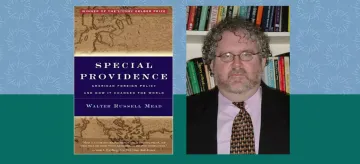
In this book, CFR Senior Fellow Walter Russell Mead argues that the United States has had a more successful foreign policy than any other great power in history, and attributes this unprecedented success (as well as recurring problems) to a vigorous interplay among four powerful political traditions that have shaped foreign policy since the Revolution. Teaching notes by the author.
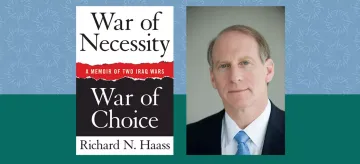
In this book, CFR President Richard N. Haass contrasts the decisions that shaped the conduct of two wars between the United States and Iraq, and writes an authoritative, personal account of how U.S. foreign policy is made. Teaching notes by the author.
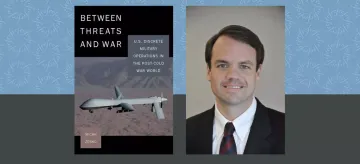
In this book, CFR Fellow Micah Zenko examines thirty-six discrete military operations carried out by the United States and evaluates U.S. policy choices, recommending ways in which limited military force may be applied in the future. Teaching notes by the author.
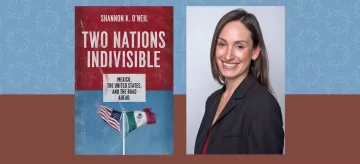
In this book, CFR Senior Fellow Shannon K. O’Neil explains that beyond the narrative of violence that dominates the headlines is a more hopeful Mexico with a globally competitive economy, a rising middle class, and increasingly influential pro-democracy voters—a country the United States should see as a partner, not a problem. Teaching notes by the author.
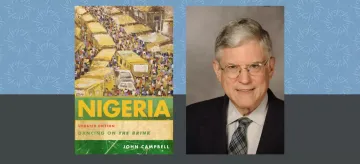
In this book, CFR Senior Fellow John Campbell examines Nigeria’s postcolonial past and offers policy options for the United States to help promote political, social, and economic development. Teaching notes by the author.
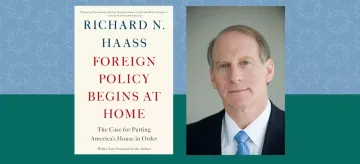
In this book, CFR President Richard N. Haass puts forward a new foreign policy doctrine of Restoration, in which the United States limits its engagement in wars of choice and humanitarian interventions abroad and focuses on restoring the foundations of its power at home. Teaching notes by the author.